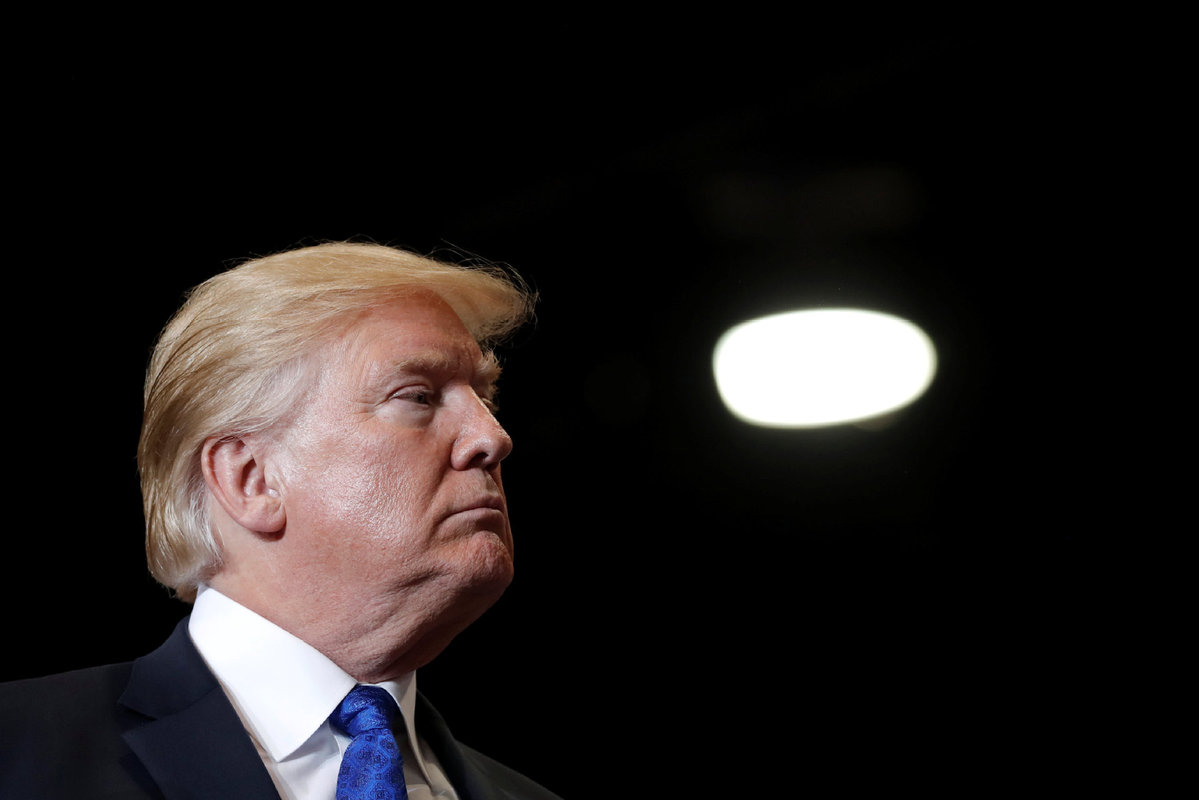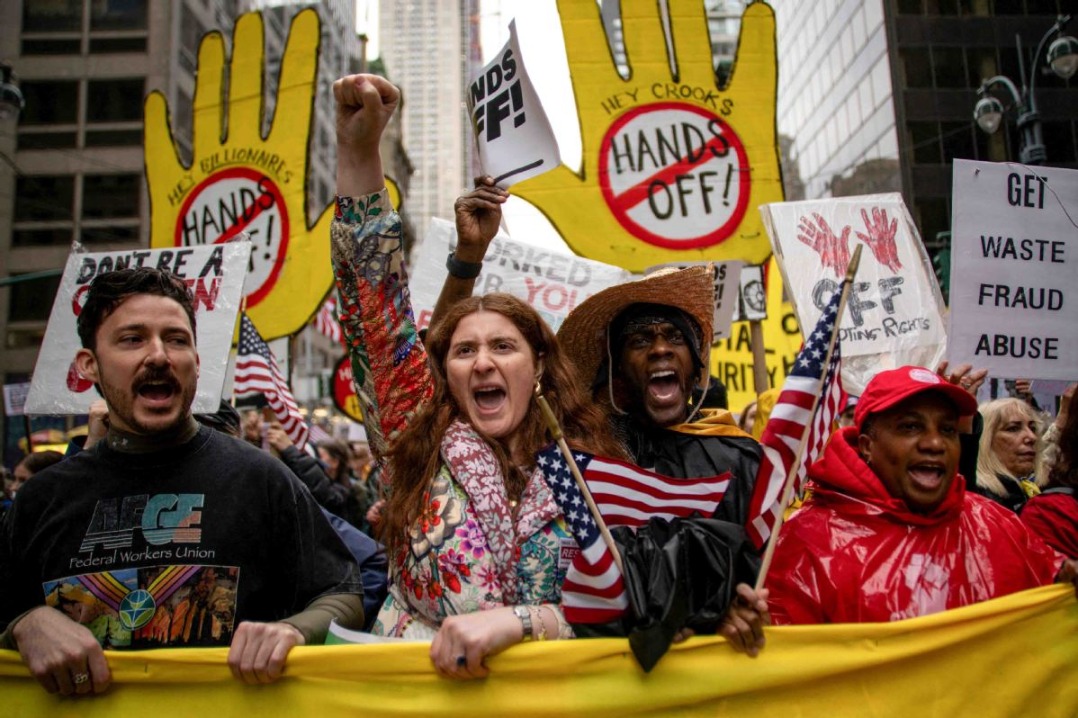White House barking up the wrong tree yet again: China Daily editorial


Perhaps the leader of the United States is concerned about his performance both as president and as a global leader. Perhaps that's why he is grasping at straws.
Failing to catch any straws, he has blamed China.
"China has been attempting to interfere in our upcoming 2018 election, coming up in November. Against my administration," he told a UN Security Council meeting on Wednesday. "They do not want me or us to win because I am the first president ever to challenge China on trade."
The rhetoric sounds familiar, except this time China is being accused of directly interfering in the US' internal affairs. But as always, when the US leader makes accusations, evidence is missing.
US intelligence and election officials have unequivocally said they have no credible evidence that China is interfering in the midterm elections. So, it seems, he is trying to use the UN as a platform to garner votes in the midterms.
Non-interference in other countries' internal affairs is a basic international principle that China has always upheld. Reiterating this stance at the UN, Foreign Minister Wang Yi rejected the US leader's "unwarranted accusations against China", and called on other countries, the US in particular, to honor the UN Charter, by not interfering in other countries' internal affairs.
Whether the US will heed Wang's counsel is anybody's guess, for when it comes to interfering or trying to interfere in other countries or their elections, Washington is a past master. The US has a long history of meddling in other countries' elections — more than 80 times between 1946 and 2000, according to a database compiled by political scientist Dov Levin of Carnegie Mellon University. The number doesn't include military coups and efforts made to change a regime after the victory of leaders whom the US didn't like.
Two decades ago, Time magazine reported how US political consultants ensured Boris Yeltsin was re-elected as Russian president, much to the joy of Washington.
It is an irony, then, that US intelligence agencies are now investigating alleged Russian interference in the 2016 presidential elections. If the US leader really wants to save his political career, he should look to the economy rather than staring daggers at China - and heed the opinion of US businesses that the trade conflicts he has started are counterproductive.
Making China the scapegoat for US ills will benefit neither the US nor its president.
Today's Top News
- Editorial flash: Tariff coercion won't work
- China's version of 'stock market stabilization fund' launched
- China stands up to US tariff threats
- Monitoring of water discharged by Japan to continue
- Tourists hit peak stride, thanks to high tech
- World requires fairer trade order, now






























